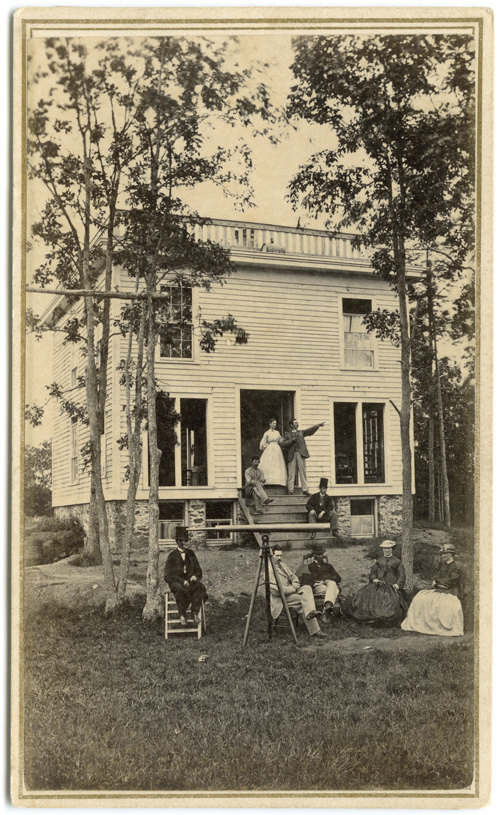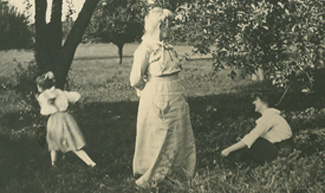Ken Mosakowski Papers
Temporarily stored offsite; contact SCUA to request materials from this collection.
As a student at the University of Massachusetts in the late 1960s, Ken Mosakowski first became a political activist when he protested the Vietnam War. Seeking an outlet to spread his message of peace and justice, he reached out to the student radio station WMUA, and started a weekly talk show Focus. For 38 years Mosakowski hosted the radio program every Sunday afternoon discussing topics of both local and national significance. Deeply involved in Amherst politics, he ran for the Amherst Select Board and lost; the loss, however, did not diminish his passion for serving the town and community he loved. Vocal on many issues, Mosakowski was known for being an activist in electoral politics and more recently an advocate for the homeless in Amherst, urging the creation of the Emergency Homelessness Task Force created in April 2006.
The Ken Mosakowski Papers document more than thirty years of his political activism. Saving everything from flyers and newspaper clippings to campaign buttons and posters, the collection documents a wide array of local and national issues. More importanly, it sheds light on issues of personal importance to Mosakowski, and as such chronicles his contributions as a lifelong activist.



